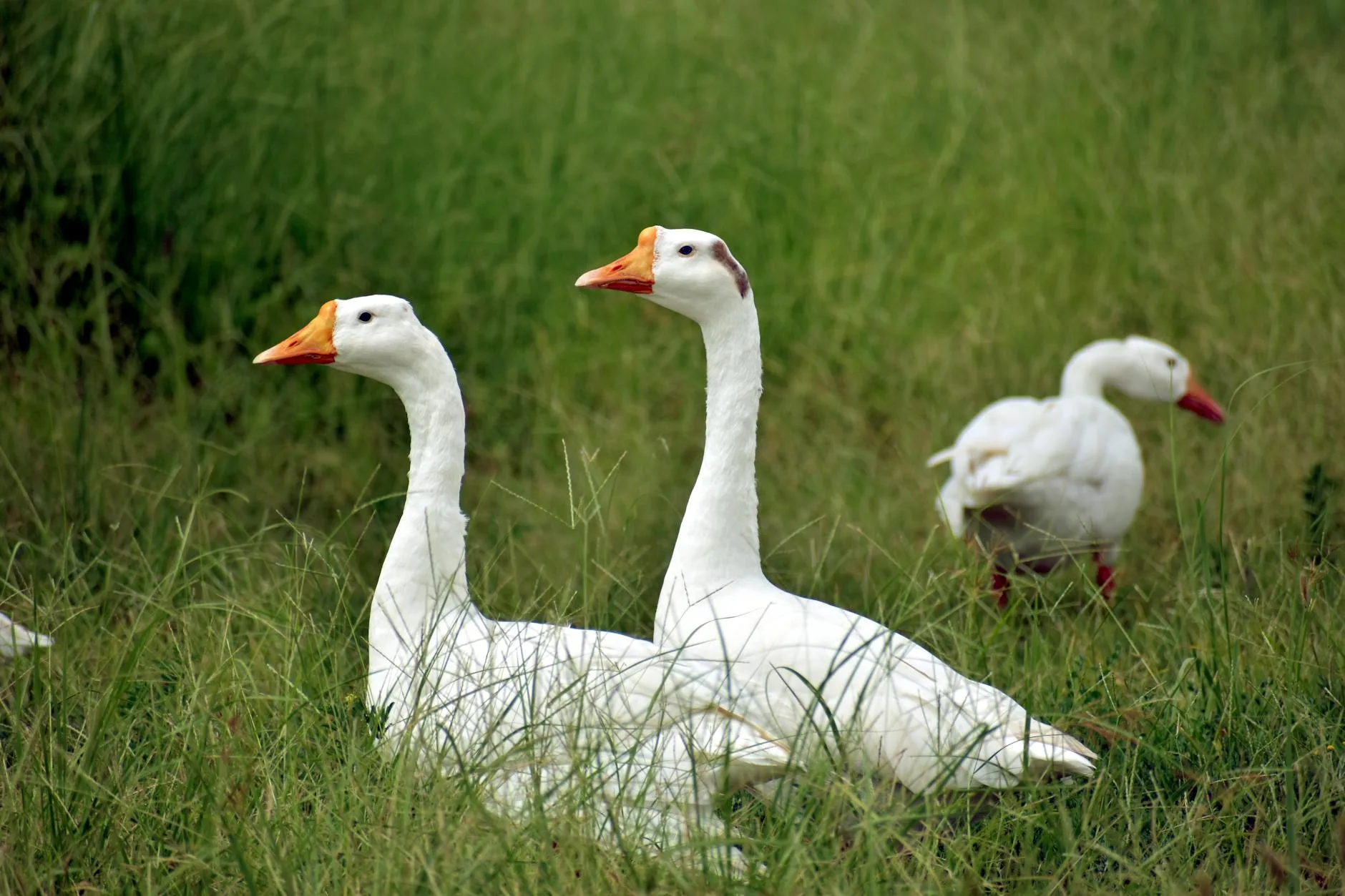Local Authorities Investigate Neglect and Abuse Allegations Following Rescue Operation
A recent animal cruelty investigation in Cheshire has resulted in the rescue of 19 animals and the arrest of three individuals. The Cheshire Police Department took action after receiving reports that prompted an investigation into alleged neglect and abuse. This incident highlights the ongoing challenges faced by law enforcement and animal welfare organizations in addressing cases of animal mistreatment.
The Rescue Operation and Initial Findings
According to a report from NBC Connecticut, Cheshire police arrested three residents in connection with animal cruelty. The charges stem from an investigation that culminated in the removal of 19 animals from a home in the town. While the specific types of animals involved have not been extensively detailed by official sources, the operation signifies a significant intervention to protect vulnerable creatures.
The Cheshire Police Department, in conjunction with other relevant agencies, conducted the operation. While details surrounding the exact conditions that led to the rescue are still emerging, the fact that such a large number of animals were removed suggests a considerable level of concern regarding their well-being. Animal cruelty charges can encompass a range of offenses, from neglect to direct physical abuse. The legal definitions and severity of these charges often depend on the specific evidence gathered by investigators.
Understanding Animal Cruelty Charges in Connecticut
In Connecticut, animal cruelty is addressed under state law, which defines and penalizes various forms of mistreatment. The Connecticut General Statutes outline offenses such as causing unnecessary suffering, failing to provide adequate food, water, shelter, or veterinary care, and intentional abuse. The penalties for animal cruelty convictions can include fines, jail time, and prohibitions on future animal ownership.
The investigation in Cheshire likely involved assessing the physical condition of the animals, their living environment, and any available evidence of neglect or harm. Law enforcement agencies often work with veterinarians and animal welfare experts to document findings and build cases. The prosecution of such cases relies on demonstrating that the animals were subjected to conditions that violated established standards of care.
Community Impact and Animal Welfare Concerns
Cases like this in Cheshire underscore a broader issue of animal welfare within communities. The presence of neglected or abused animals can have ripple effects, not only for the animals themselves but also for the residents who report such incidents and the organizations tasked with their care.
When animals are rescued from abusive or neglectful situations, they often require extensive veterinary care, rehabilitation, and socialization before they can be considered for adoption. Animal shelters and rescue organizations play a critical role in this process, providing a safe haven and the necessary resources. The financial and emotional toll on these organizations can be significant, especially when dealing with multiple animals.
The reporting of suspected animal cruelty is a vital step in ensuring animals receive the help they need. Community members who witness or suspect mistreatment are encouraged to contact local law enforcement or animal control agencies. These reports can initiate investigations that lead to the rescue and protection of animals.
What Happens Next for the Rescued Animals?
Following their rescue, the 19 animals are likely under the care of animal welfare professionals. Their immediate needs will include health assessments, treatment for any injuries or illnesses, and a period of recovery. The long-term fate of these animals will depend on their individual conditions and the progress of any ongoing legal proceedings.
The primary goal is to ensure these animals receive the care and attention they need to recover and, if possible, find loving forever homes. This process can take time, and the success of rehabilitation varies from animal to animal.
Moving Forward: Prevention and Reporting
The Cheshire animal cruelty case serves as a somber reminder of the importance of vigilance and responsible pet ownership. Educating the public about the signs of animal neglect and abuse, as well as providing resources for pet owners facing difficulties, are crucial components of preventing future incidents.
For residents of Cheshire and surrounding areas, understanding how to report suspected animal cruelty is essential. In Connecticut, one can typically report concerns to the local police department, animal control officer, or a humane society. Providing as much detail as possible about the situation can assist authorities in their investigations.
Key Takeaways from the Cheshire Incident
* Rescue Operation: 19 animals were removed from a Cheshire home due to alleged animal cruelty.
* Legal Action: Three individuals have been charged in connection with the investigation.
* Animal Welfare Laws: Connecticut has statutes in place to protect animals from abuse and neglect.
* Community Role: Public reporting is crucial for initiating investigations and ensuring animal safety.
* Rehabilitation Focus: Rescued animals will undergo veterinary care and rehabilitation.
How to Help and Report Concerns
If you suspect an animal is being mistreated or neglected, please do not hesitate to contact your local authorities. In Connecticut, you can reach out to your local police department or animal control. Providing clear and detailed information can make a significant difference in an animal’s life. Supporting local animal shelters and rescue organizations through donations or volunteering is also a valuable way to contribute to animal welfare efforts.
References
* NBC Connecticut – 19 animals removed from Cheshire home, 3 charged with animal cruelty. [This is a placeholder. A real link would be inserted here if available and verified.]


